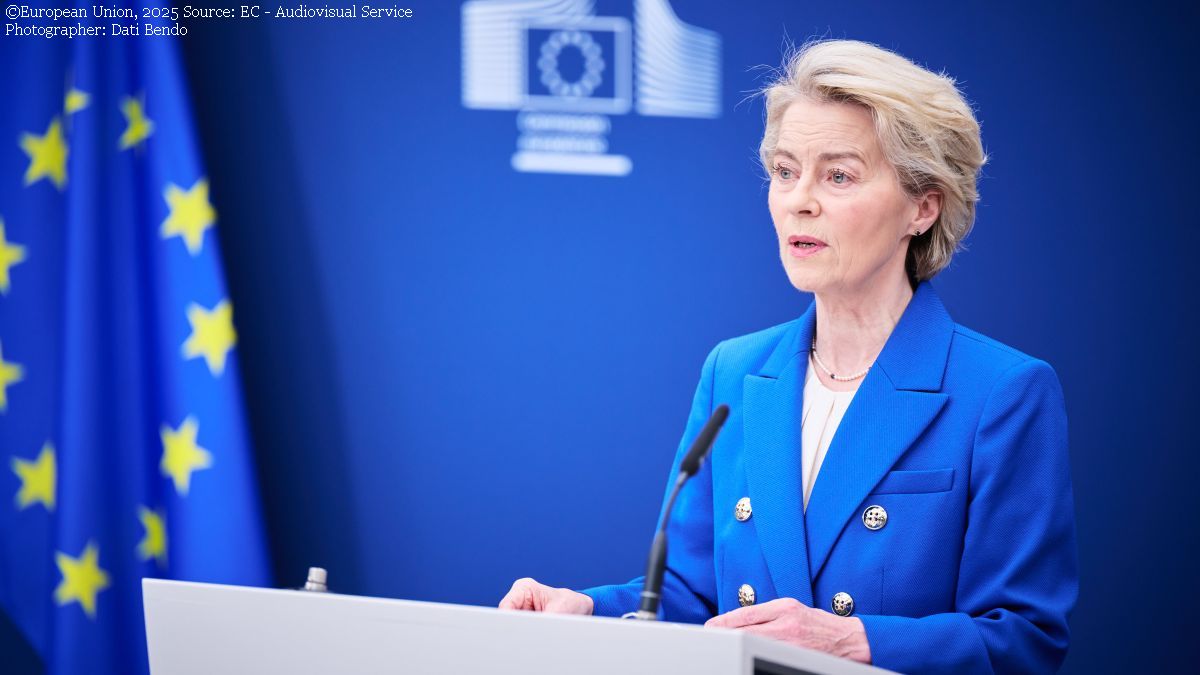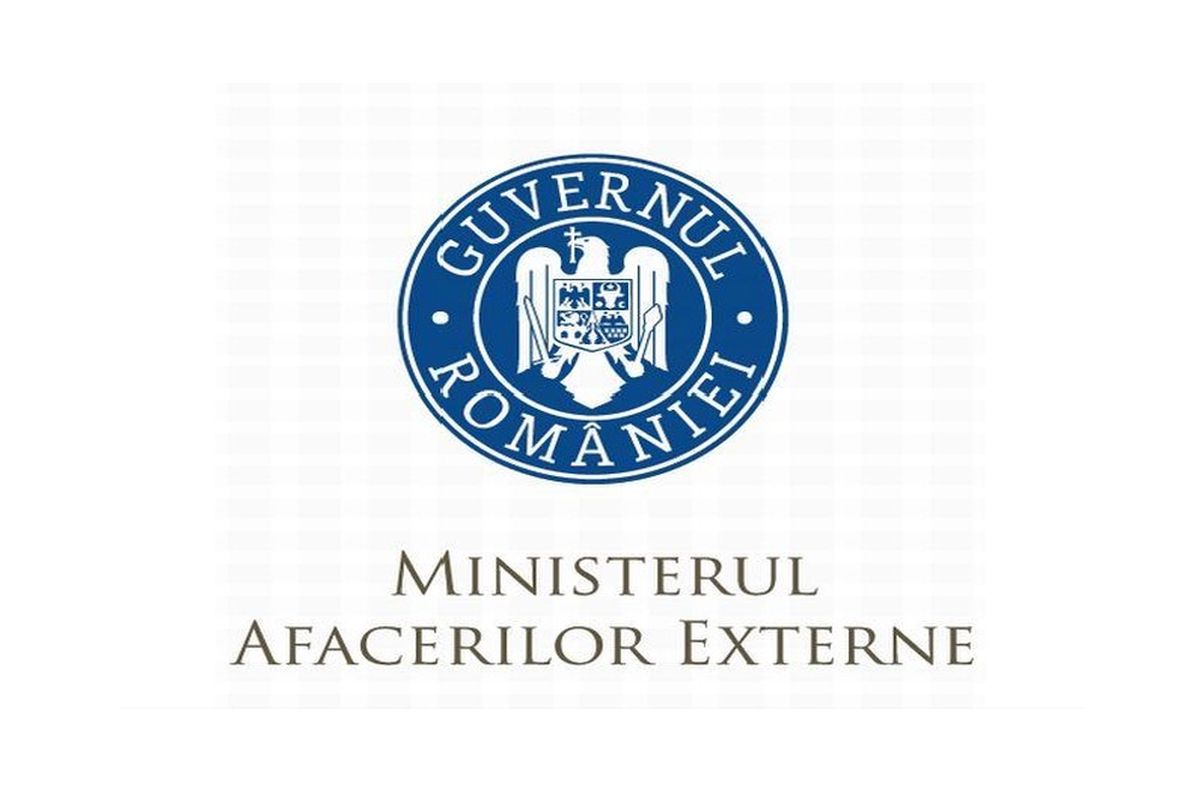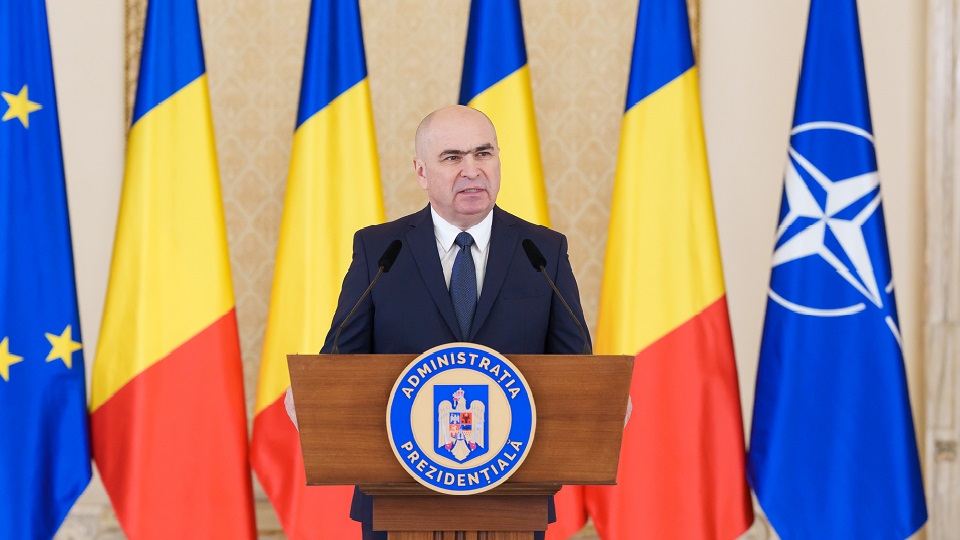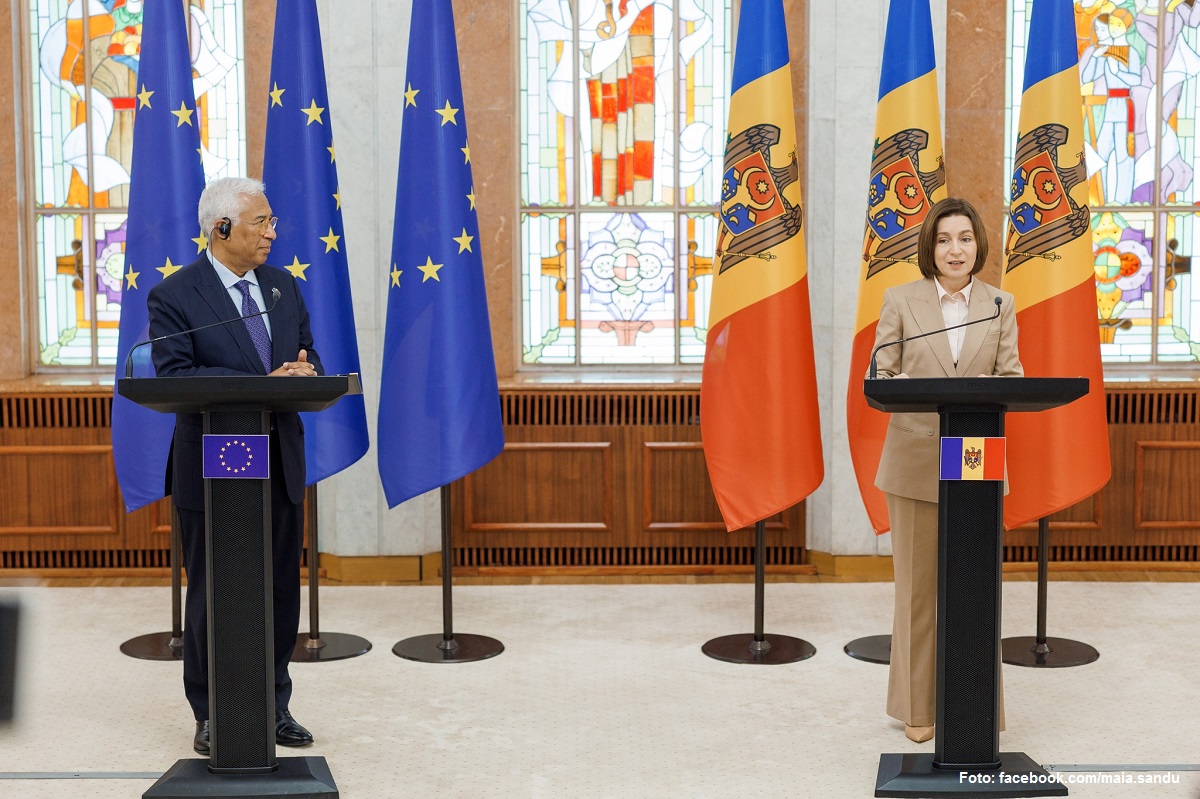The IMF and Romania’s economic growth
The Romanian government has met the performance criteria for the month of September – says the IMF, which improves Romanias economic growth forecasts for this year, showing optimism over the countrys economic performances next year.
Roxana Vasile, 06.11.2013, 14:02
The center-left ruling coalition in Romania can breathe a sigh of relief — the country has fulfilled all the performance criteria for the month of September. Romania has met the budget deficit target and inflation was even lower than expected. The announcement was made by the head of the IMF delegation Andrea Schaechter at the end of the first mission to Bucharest aimed at assessing the new precautionary agreement concluded in September.
According to the IMF official, the country has registered progress in accessing European funds and in implementing structural reforms, such as the reform of the healthcare system, the liberalization of energy prices and strengthening the public finances management by prioritizing investments. A good agricultural output and exports are also contributing to the IMF positive growth forecasts, from 2 to 2.2% this year.
The IMF’s predictions for next year are also optimistic. In terms of privatization, there are positive and negative elements. The initial public offer for a 15% share package in Romgaz, the country’s main gas supplier, has been a success, says the IMF, which describes the transaction as a reference point for the sector of state-owned businesses and for the capital markets in Romania.
On the other hand the abortive attempt of selling the freight division of the Romanian Railway Company was perceived as a setback, though the government in Bucharest pledges to continue the privatization process and reshuffle this company. In terms of weaknesses, the IMF has mentioned a low domestic demand and budget revenues below estimates. At the same time the budget needs more money, as more spending has been envisaged for the coming year such as salary rises and pensions’ index-linking.
The government has agreed with foreign lenders to raise the minimum wage up to 850 lei, that is almost 200 euros, as of January 1st and to 900 lei as of July 1st, as well as to diminish by 5% social security contributions also beginning July 1st provided it finds the necessary resources. Royalties are also to increase and new taxes will be levied for certain types of constructions. Prices for petrol and diesel fuel are to go up next year as well, a move which is to trigger a chain of price hikes in almost all products, as economic pundits say.
Despite all these fears, the National Bank Romania estimates that increased taxes next year will have only a limited effect over inflation. The Central Bank governor, Mugur Isarescu, expects an increase in the inflation rate of only 0.2%.

